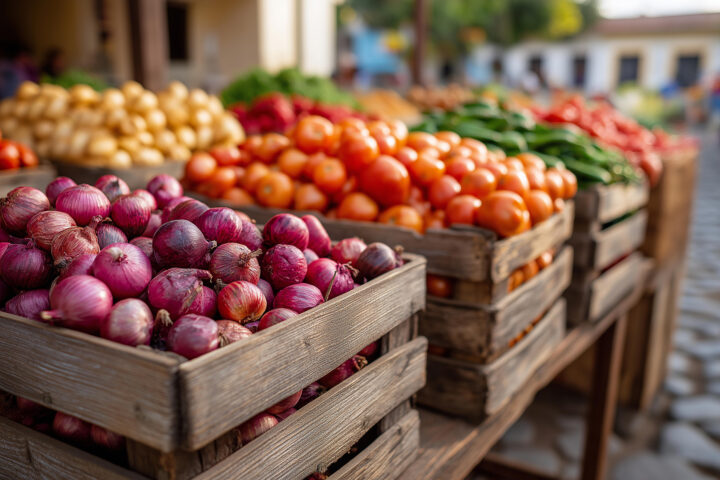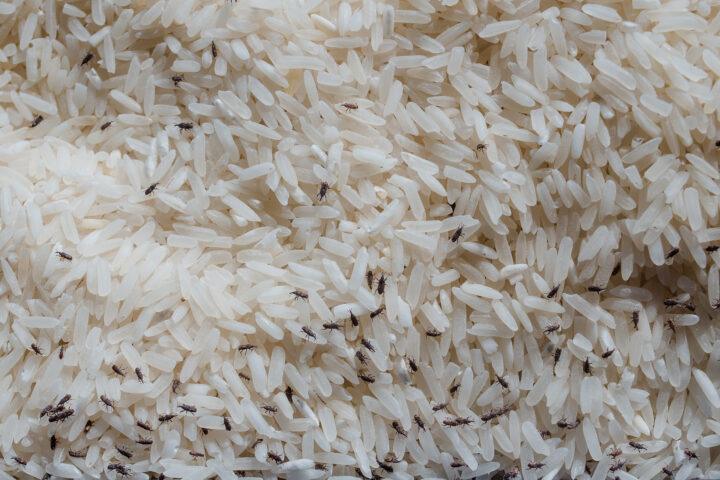
Approval backlog due to environmental organizations
Swiss farmers are less and less able to protect their crops against pests and fungal diseases. This is reported by the "Nebelspalter". The number of approved crop protection active ingredients has decreased drastically since 2005. A total of 208 active ingredients were no longer approved. Today, only 350 active ingredients are available to farmers. And there is a big approval backlog. Currently, more than 700 applications for approval are pending.
Monday, July 18, 2022
Content in German
Laut Nebelspalter gab es in den letzten Jahren ein grosses Ungleichgewicht zwischen der Zulassung von neuen Pflanzenschutzmitteln und dem Verlust der Zulassung von bestehenden Wirkstoffen. Dazu einige Zahlen:
- 2019 und 2020 hat der Bund nur gerade drei neue Wirkstoffe und 50 darauf basierende Produkte zugelassen. Gleichzeitig nahm er aber 34 Wirkstoffe und 137 Produkte vom Markt.
- Auch 2021 war das Verhältnis zwischen Neuzulassungen und dem Entzug der Zulassung ungünstig: Sechs Wirkstoffe und 126 Produkte erhielten eine Zulassung, 15 Wirkstoffe und 154 Produkte verschwanden vom Markt.
«Tragischen Situation»
David Brugger, Leiter Pflanzenschutz beim Schweizerischen Bauernverband, sagt gegenüber dem Nebelspalter, dass die Schweiz bei der Zulassung noch rigider sei als die EU. Beim Branchenverband «scienceindustries» spricht man von einer «tragischen Situation». In den Nachbarländern sind viel neue Produkte bereits im Gebrauch und schützen die Kulturen. Beispiele seien ein Wirkstoff gegen Apfelwickler, ein Insektizid gegen Drahtwürmer und ein Fungizid, das den falschen Mehltau auf Zwiebeln bekämpft. Ohne die Pflanzenschutzmittel kommt es zu «Food Waste» auf dem Acker, den die Fachleute als «Food Loss» bezeichnen.
Anpassung an EU-Regeln gefodert
Der Verband fordert, dass die Schweiz Wirkstoffe und Produkte automatisch anerkennt, wenn sie in der EU zugelassen sind. Tatsache ist, dass das Zulassungsverfahren in der Schweiz noch bürokratischer geworden ist, seit das Bundesgericht dem WWF beim Zulassungsverfahren die sogenannte Parteistellung eingeräumt hat. Das hat die Verfahren kompliziert und weiter verzögert. Für die Landwirtschaft ist das gemäss Nebelspalter eine unhaltbare Situation. Demnächst soll sich auch das Parlament mit der schleppenden Zulassung befassen. Der Walliser Nationalrat Philipp Matthias Bregy verlangt, dass die Schweiz die Zulassung der EU übernimmt. Es kann nicht sein, dass die Schweiz Wirkstoffe sofort vom Markt nimmt, wenn sie die EU verbietet und gleichzeitig bei der Zulassung um Jahre hinter der EU herhinkt.
Blindspot article
Sources
Related articles

Why cutting out synthetic pesticides will reduce food production
The UK’s action plan to reduce pesticide use could backfire, warns agronomist Greg Dawson: overly strict regulations may make domestic farming unprofitable – and increase the United Kingdom’s dependence on imports.

Approval studies for plant protection products are science-based
The approval of plant protection products in Switzerland is subject to strict legal requirements. Ultimately, this approval process is based on scientifically sound studies. These studies are financed by manufacturers, but they must comply with clearly defined governmental requirements and controls. The aim is to ensure reliability and independence.

Grain beetle eats its way through Swiss grain stores
The grain beetle is spreading in Swiss grain stores. Introduced via international trade, it threatens harvests and impairs food quality.

New problem: soft bugs, native pests discover fruit and vegetables
Soft bugs are spreading at lightning speed in fields and greenhouses in southern Germany. These pests are destroying fruit and vegetables and pushing agriculture to its limits. Effective plant protection products must be found urgently to safeguard harvests.

